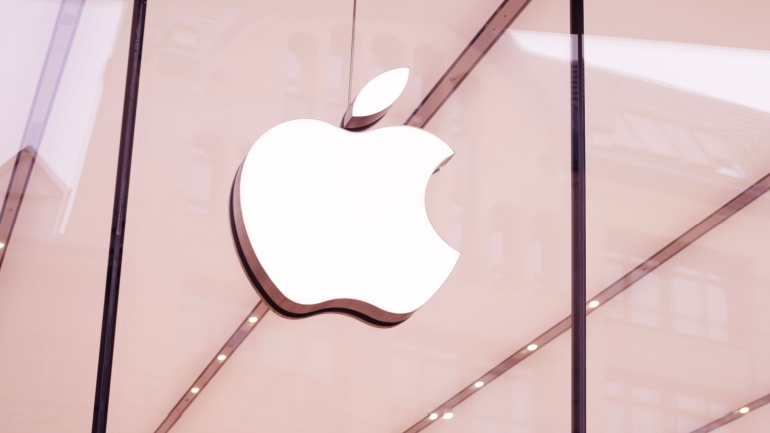South Korean telecommunications leader SKT is enhancing its position in artificial intelligence with a $200 million investment in Smart Global Holdings. By acquiring a significant stake, SKT strengthens its AI infrastructure capabilities. This strategic move underscores SKT’s commitment to evolving as a global AI powerhouse, integrated with cutting-edge Nvidia GPU technology.
Remote work and digital nomadism are booming, and VoIP keeps globetrotting professionals connected. This article explores how VoIP offers cost-effective, flexible calling and a variety of features like video conferencing and instant messaging. Popular tools like Zoom, Skype, and WhatsApp are explored, highlighting their strengths for travellers and remote workers. The article concludes by emphasizing how VoIP empowers seamless communication and collaboration from anywhere in the world.
Sparkle’s new Point of Presence (PoP) at Aruba’s Hyper Cloud Data Centre in Rome enhances VoIP connectivity, strengthening Rome as a global hub linking Europe, Africa, Asia, and the Middle East. This collaboration boosts Sparkle’s BlueMed cable, delivering high-speed VoIP services through advanced, renewable-powered infrastructure.
The wireless telecoms industry experienced growth due to 5G technology. Telstra and Optus will stop pre-installing Google Search as the default on their Android phones. A MedUX report ranked UK fixed broadband providers. The WBBA urges IP network upgrades for 5.5G and 6G services.
IBM has completed its acquisition of StreamSets and webMethods from Software AG for €2.13 billion. This acquisition significantly boosts IBM’s WatsonX AI and data platform by adding robust data ingestion and integration platform-as-a-service (iPaaS) functionalities. The move sets IBM to offer a cutting-edge application and data integration platform, focusing on hybrid cloud environments.
The European Commission has announced that Apple’s App Store policies may violate the Digital Markets Act (DMA), launching a new investigation into the tech giant’s compliance. According to the Commission, Apple’s rules restrict app developers from directing consumers to alternative purchasing options.
WBA’s new report promotes OpenRoaming™ and Passpoint technology to enhance public Wi-Fi interaction. Telecom operators might gain from providing content hubs for managing multiple subscriptions.
D&H Distributing starts FY 2025 strong with a 20% sales increase in key categories like cloud solutions and networking. Amdocs and Google Cloud collaborate to simplify eSIM activation. HP and Oxford Economics found that global leaders are highly enthusiastic about using technology.
A new Japanese law aims to foster competition in the smartphone app market by allowing third-party app stores and billing providers to operate on Apple iOS and Google Android platforms. This legislation, known as the Act on Promotion of Competition for Specified Smartphone Software, was announced by Japan’s Fair Trade Commission (FTC).
South Korean telecommunications giant SK Telecom announced a $10 million investment in the U.S.-based generative AI search engine startup, Perplexity. The partnership aims to enhance Perplexity’s AI-powered search platform, positioning it as a potential competitor to Google in the search engine market.
Samsung played a pivotal role in the German smartphone market’s recovery during the first quarter of 2024, ending a prolonged period of decline. According to Counterpoint Research’s Q1 2024 Market Monitor Shipment Tracker, smartphone shipments in Germany increased by 13% year-over-year.













